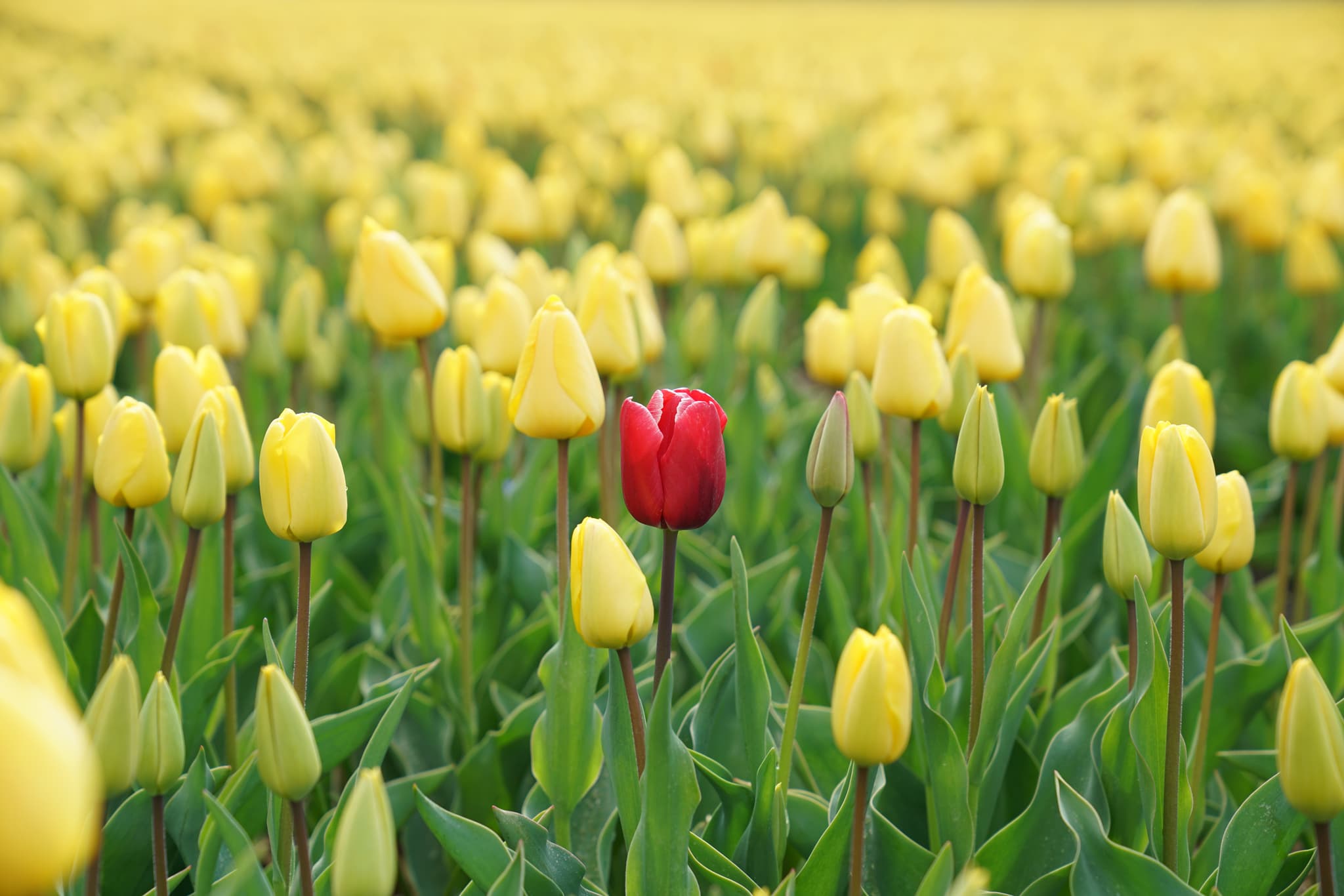Leadership
Workforce
The importance of valuing individual educator strengths

Tracy Colvin
Jul 12, 2019
Save
As an early childhood teacher, and a human being, I am acutely aware that I am not good at everything. I’ve made peace with the fact that I have a terrible sense of direction and that I am incredibly clumsy; but I make a mean lasagne and I am a great listener.
The balance between my strengths and my areas for improvement also extends to my work as an early childhood teacher. When I first began teaching I thought I had to excel in every part of my job. I thought I needed to be skilled in everything I provided for children throughout the day, and if not, I was not a good teacher. I found myself in environments where it was as though there was an underlying, unspoken competition in regards to who was the ‘best’ teacher.It was exhausting. It didn’t take long to realise that I was not giving my best to children and families in environments that fostered this sense of competition, and that, in fact, if I wanted to be the teacher I wanted to be, I needed to work in a space that made teamwork a high priority.
As humans, we are not designed to be good at everything, or to like the same things as the next person. Diversity is what brings richness and colour to our world, and the same is true for our work as early childhood education and care (ECEC) professionals.
Earlier in the year, the staff team I am a member of, met for a meeting. We were asked to tell the group about our passions, interests, and skills within the context of our work with families and children.
I took two key points away from this meeting:
- When I share insights about my skills and passions within my work with children and families, I know my stuff.
As a professional in the ECEC sector, I am constantly seeking out new information, and I am eager to implement the strategies or additional skills Icome across.
My passion within my work centres on the emotional development of children, the impact of trauma and the sense of belonging and safety all children need.
Discussing the skills that I bring with me to my role is innate. It’s easy for me to share these skillsets with others, because the skills that I bring are implemented without thought, as though they are natural gifts arising from a deep sense of connection to the children and families I work with.
- The passions and skills I shared with my team were different to those which everyone else discussed. When I listened to others speaking about their passions and skills, I felt inspired, and grateful.
In showcasing our diversity of talent and skill, it became more clear to me that I was working alongside other educators who were able to provide these incredible talents and skills to children in areas where I wasn’t as strong. During the meeting I reflected on past services and staff teams I had worked within. At times in my professional life, I have felt that I was working in teams where each person felt the need to be a “jack of all trades”, and to be able to fill many roles.
Working in ECEC with young children is not a solo job, and nor should it be.On deeper reflection, I saw that by enduring this sense of competition, children and families were in fact missing out on the best parts we had to offer. You see, when staff come together to discuss their strengths, skills and passions, they are allowing a shared space to occur.
As a collective, when we realise that where we are weak, another is strong, we are able to move towards developing an environment where educators are able to focus on their strengths and skills to contribute to the care and education of children. When I watch one of my co-workers working with children that incorporates their passion I have such respect and I am appreciative that the children in our care get to experience this. Coming together in this way can be challenging at times. It relies on team members being able to step back, and not have control over outcomes. For some, it involves thinking differently, or challenging long held norms.
Another challenge is understanding that while you embrace and “lean in” to your skill sets, you are not absolved of learning new skills, or perfecting things you may not instinctively be drawn to - all educators need to be lifelong learners, who are engaged in ongoing growth and development. As an educator, working on skills that you are less confident in is always a good thing. However, when teams come together, celebrating and utilising the skills and passions of each other, the sum of all parts makes a whole, enabling us to provide high quality environments for children and families.
When educators work together and play to their strengths, opportunities abound for educators to do what they are truly good at. In a setting where we celebrate children’s individual skills and achievements, it is only logical that we provide environments that foster this in the educators too.
Don’t miss a thing
Related Articles



















